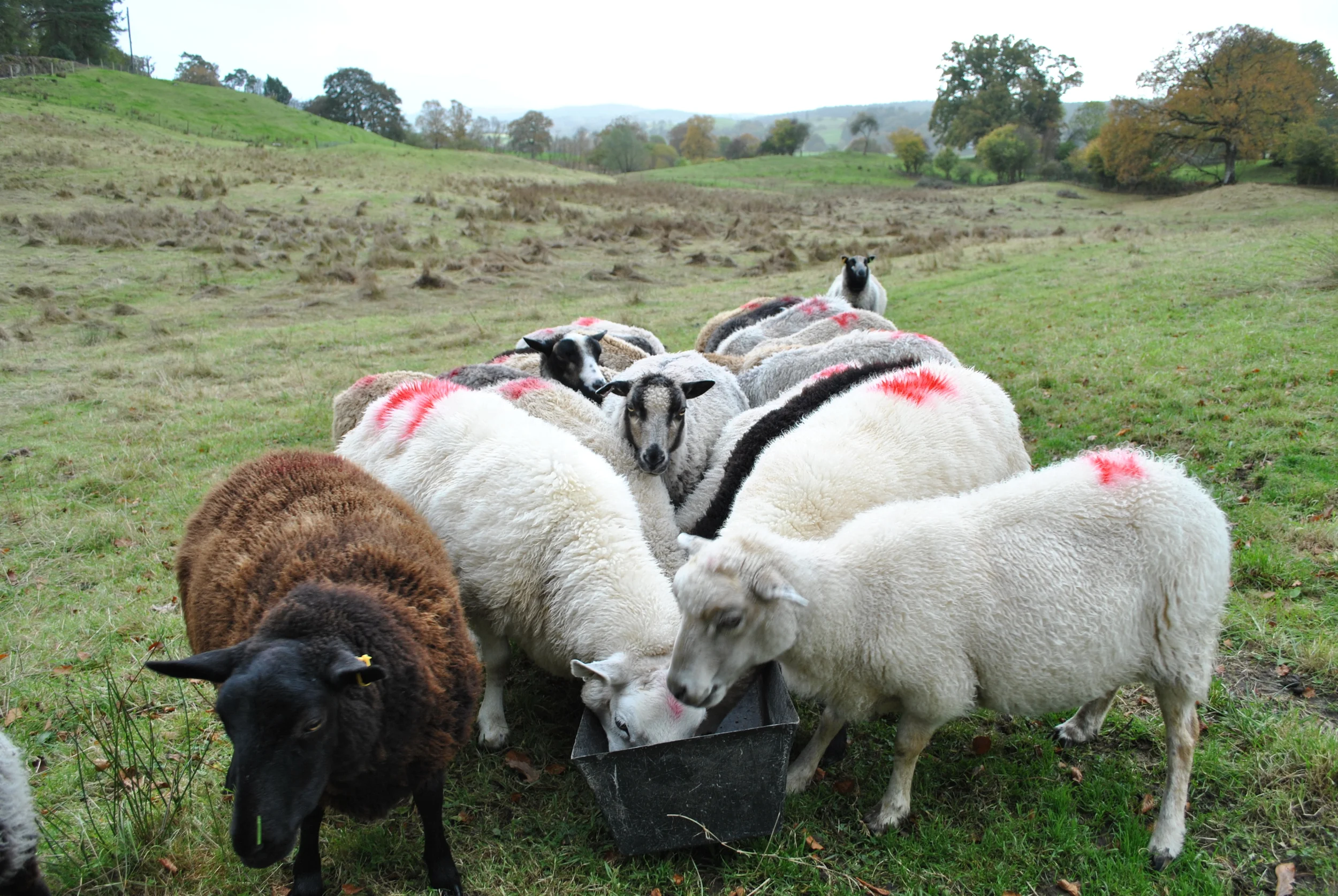Our Products
We pride ourselves on making as much as we can from the animals we keep without resorting to intensive farming methods. Where possible we use manual methods, such as hand milking our goats, mowing our grass with a scythe and blade shearing our sheep, and we don't use artificial herbicides or fertilisers. At present we produce lamb, mutton or hogget meat, shetland wool, and goat's milk soap. We're always looking for other possible things we can make to add value, variety and interest to our produce and will update our website as and when they happen.
Sheep
We breed a mixed group of sheep, mostly Shetlands and we have a long term project to improve our flock to include pedigreed animals of show quality, to which end we joined the Shetland Sheep Society in 2014 and started our Hawkr flock, named after the Norse founder of our village Hawkshead.
It is also very important to us the way in which we handle each and every one of our animals. When we started keeping sheep, we did not have a sheep dog, and so learnt to move and handle them with only bribery and careful driving from human or horse. We try to always make sure that when we have anything to do with an animal, we leave them calmer than when we last encountered them. So as the years pass, our generations of sheep (and other animals) are becoming ever calmer and easier to handle. We aim to easily crutch, shear and trim our sheep into our dotage with no problems.
One of the primary reasons we breed Shetlands is for their fine, crimped wool, selling it to hand-spinners and also spinning, felting, knitting and crocheting it ourselves. The variety of natural colours possible from Shetland sheep is glorious and also a real sight to behold for the shepherd.
Shetlands also make excellent mothers, lambing generally unaided and outdoors in April and May. This means they hopefully catch good weather and the first flush of grass after winter dormancy, whilst also avoiding the hubbub of a lambing barn.
We also keep our sheep for meat, a necessary part of keeping a healthy and vibrant flock, and fatten our lambs and shearlings entirely on grass to produce beautiful tasty, slow-grown lamb. If we ever supplementary feed our sheep it is only ever sugarbeet, alfalfa and grass pellets, so never cereal mixes. They are taken to small local abattoir, travelling only half an hour, and are butchered by a local butcher to our customer's specifications.
The way we manage our permanent grassland follows organic principles, which means we do not improve our pasture by adding any artificial fertilizer. Fertilizing fields, while increasing yields, tends to produce a limited variety of grasses and therefore represents a reduction in biodiversity. Our avoidance of fertilizer and the fact that we never 'reseed' with bought in grasses, means that the wonderful and varied grass species and wildflowers that are indigenous, are all that grow here. We aim to plan our grazing so that each field has that chance to naturally reseed itself every couple of years to keep its species diversity up.
Biodiversity is not only of ecological benefit but it means that - as many visitors to our farm attest - our fields not only provide the perfect habitat for a wide variety of insects, butterflies and birds, but are very colourful and beautiful.
Becky blade shearing a homebred Shetland ewe
One of our sheep
Goats
We have a long tradition of keeping milking goats on the farm. Becky's late grandmother Jane, kept a small dairy herd until she retired in 2002. So in 2010, when Becky got the chance to get goats again she jumped at it, spurred on no doubt by nostalgia for the creamy goat's milk her gran used to supply the family with when she was a child.
We now have a few nanny goats in milk and a billy, even that small a number of goats produces more milk than we can possibly drink so we have enjoyed getting familiar with all the various things you can use goat's milk to make, from cheese to soap.
Traditional Farming Methods
We do our utmost to employ traditional farming methods on our farm. We do this for two reasons, firstly, traditional methods - while often requiring more human labour - are a less intensive way to farm and so are far more beneficial to the environment. Secondly we love exploring and preserving rural arts and crafts that are being forgotten and lost, as the agricultural industry relies increasingly on technological innovation, and less on the artistry and craftsmanship of the traditional farmer, working in harmony with the landscape. Some of the things we do using traditional methods are:
- Dry stone walling
- Hand laying hedges
- Blade shearing sheep
- We milk our goats by hand
- Mowing and weed clearance with a scythe
- Hand spinning and felting
- Knitting, crochet
Are we an organic farm?
We would very much like to be one day. But according to the Soil Association, no we currently aren't unfortunately. To be a certified organic farm you need to comply with certain standards that are laid down by the law in the EU and the UK and apply for a certificate from the Soil Association. The process for certifying yourself as an organic farm involves a not insignificant cost which we can't afford as a small business at the moment, and the increase we could charge for our produce if it were certified would fall far short of covering the costs of getting a certificate in the first place. Therefore it presently makes no economic sense that we apply for certified organic status as we are for now. That being said, we strive to create farm produce using as environmentally friendly practices as possible, and we are able to do this to a high standard by virtue of being lucky enough to have an environmental scientist living on the farm to give advice on the best methods. We don't use artificial fertilisers or pesticides and maintain our land by organic means, we rarely use antibiotics and try to minimise our use of wormers, relying instead on methods that would be considered as organic farming by the Soil Association or an equivalent body. There are in fact many examples of how we manage our land that far exceed the standards set by the Soil Association and it should be noted that the Soil Association do grant exemptions for some producers whilst still certifying them as organic. So, are we an organic farm? Officially no (not yet), but in practice we're about as organic as any officially certified farm and in some case even more environmentally friendly than a certified farm.





